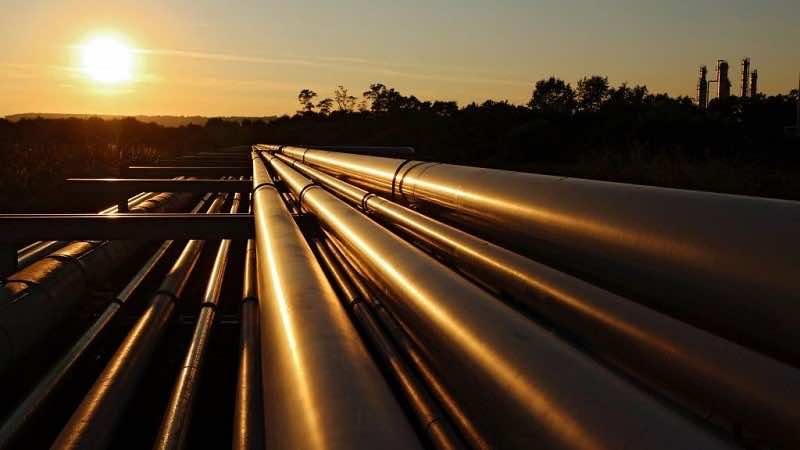

The Fund of the Organization of the Petroleum Exporting Countries (OPEC), an intergovernmental oil organization, announced on April 29 that it will contribute to funding phase II of the feasibility research for the Nigeria-Morocco Gas Pipeline (NMGP).
The Fund of the Organization of the Petroleum Exporting Countries (OPEC), an intergovernmental oil organization, announced on April 29 that it will contribute to funding phase II of the feasibility research for the Nigeria-Morocco Gas Pipeline (NMGP).
Morocco and the OPEC Fund signed an agreement on Friday to jointly fund phase II of the feasibility study ahead of the construction of the world’s longest offshore pipeline connecting Nigeria to Morocco, according to an OPEC press release.
Morocco’s Economy and Finance Minister, Nadia Fettah, signed the agreement alongside Managing Director of OPEC, Abdulhamid Al khalifa, and Managing Director of Morocco’s National Office for Hydrocarbons and Mine (ONYHM), Amina Benkhadra.
Under the agreement, the OPEC Fund is set to contribute $14.3 million to the feasibility study (FEED - Front-End Engineering Design), according to the statement.
Co-financed with the Islamic Development Bank (IDB), the study comprises a body of research on the execution of the Nigeria-Morocco Gas Pipeline including the technical, financial, and legal aspects, the statement indicates.
Launched through a joint initiative in 2017, the NMGP is a 7,000-kilometer pipeline traversing territorial waters of 13 countries.
The pipeline is set to boost local economies’ competitiveness by providing secure access to an energy source.
The pipeline aims to deliver gas from Nigeria to Europe and should supply countries along the way
In December 2021, Morocco and Nigeria signed an agreement to fund the FEED after the project was approved by the Islamic Development Bank (IDB).
Morocco and Nigeria agreed to provide joint funding for the mega project. The FEED study is projected to cost 90.1 million dollars.
Last February, Nigerian President Muhammadu Buhari held a phone call with Morocco's King Mohammed VI. During the phone call, the Nigerian president expressed his country’s determination to bring the pipeline online as soon as possible.
|